Vitamin K refers to a group of nutrients, vitamin K1 and vitamin K2. Vitamin K1 is phylloquinone and can be found in plant foods, especially leafy greens. Vitamin K2's other name is menaquinone – it is present in meat, dairy products such as milk and cheese, and eggs. Refer to the ‘Best food sources' paragraph to determine which sources have the most nutrients.
It is found in various parts of the body. It is present in the liver, heart, pancreas, bones, and brain. The human body quickly breaks it down to use it in metabolism, which makes it rare to reach toxicity levels.
Vitamin K was discovered by Carl Peter Henrik Dam in 1928 as a nutrient involved in blood coagulation. It was first named ‘Koagulationsvitamin,' which was later shortened to just ‘K.'
Vitamin K synthesizes prothrombin, a component needed for bone metabolism and blood clotting. However, besides its primary roles, it is also linked to other beneficial effects on the body. Here is what science has found out so far:
A key to maintaining healthy bones is making sure to consume vitamin K regularly, which participates in the metabolism of bones. It is responsible for increasing the amount of protein – osteocalcin – which, in turn, guarantees a proper level of calcium in the bones.
Osteotacin is the most abundant protein in human bone tissue. It requires vitamin K to support bone marrow, prevent low bone density, and keep bones strong in several ways.
According to one study, osteopenia (low bone density) and bone fractures are more likely to happen if your vitamin K levels are optimal. In addition to bones, it is also beneficial for joints, which suggests the study conducted in 2020. The best results are achieved if it is paired with vitamin D.
Another long-term study found that supplementing 5 milligrams of vitamin K1 a day decreases the chance of bone fractures in postmenopausal women with osteopenia. In addition, it can protect against bone-related cancer. However, it does not reduce bone loss, according to advertisements.
Worse bone quality caused by low vitamin K intake has also been confirmed by the study conducted at Tufts University in Boston. Its Department of Agriculture Human Nutrition Research Center on Aging found that low vitamin K levels are linked to low mineral density in bones. However, the result only applied to women's bone structures![]() , such as hips, while the association has yet to be discovered in men.
, such as hips, while the association has yet to be discovered in men.
We discussed bone fractures, bone cancer, and low bone density, but let's focus on another common condition affecting bones – osteoporosis.
When vitamin K levels stay low for a prolonged time, you risk having your bones not appropriately replaced. Like any living tissue, bone tissue wears down and needs to be replaced. In osteoporosis![]() , bones are weakened and break faster than they are replaced.
, bones are weakened and break faster than they are replaced.
This condition usually occurs in people over 50 but may develop earlier due to various factors, including a diet lacking essential nutrients, vitamins, and minerals.
Vitamin K is best known for its role in the formation of blood clots. It produces four out of thirteen proteins needed for blood clotting, confirmed by the review's authors published in the Journal of Nephrology.
But what do our bodies need blood clotting for? Also called coagulation![]() , blood clotting is a process that prevents excessive bleeding during an injury. Molecules responsible for this task travel along other blood components, such as red and white cells in the bloodstream. In healthy humans, blood clots form after an injury stopping the bleeding and allowing it to heal.
, blood clotting is a process that prevents excessive bleeding during an injury. Molecules responsible for this task travel along other blood components, such as red and white cells in the bloodstream. In healthy humans, blood clots form after an injury stopping the bleeding and allowing it to heal.
Bleeding from gums, nosebleeds, injuries that don't heal, and getting bruised easily are all signs of blood clotting issues, possibly resulting from vitamin K deficiency.

Eating foods rich in vitamin K has additional perks. Based on some evidence, there is reason to believe that it benefits not only bones and blood clotting but also heart health. According to a 2019 study, it may reduce calcifications![]() in arteries and strengthen arterial walls in people with diabetes. The study involved 388 participants and was published in the American Journal of Clinical Nutrition.
in arteries and strengthen arterial walls in people with diabetes. The study involved 388 participants and was published in the American Journal of Clinical Nutrition.
Furthermore, another study conducted in 2019 and published in the European Journal of Nutrition found that proper vitamin K levels lower the risk of developing coronary heart disease. Moreover, it suggests that low vitamin K levels are associated with an increased chance of death.
Vitamin K is also believed to contribute to a healthy nervous system. It participates in the production of sphingolipids![]() , lipid components of brain cell membranes responsible for cognitive behavior and motor function.
, lipid components of brain cell membranes responsible for cognitive behavior and motor function.
Because of its anti-inflammatory properties, vitamin K also helps the brain fight off free radicals, reducing oxidative damage in this region. According to scientific data, oxidative stress in the brain may lead to Parkinson's and Alzheimer's disease.
Furthermore, according to one study, vitamin K may reduce the severity of symptoms caused by Multiple Sclerosis (MS). Several other studies also found a link between vitamin K deficiency and neurological conditions, including previously mentioned Parkinson's and Alzheimer's diseases.
Vitamin K1 (phylloquinone) is found mainly in plant-based foods. Kale, spinach, swiss chard, and beet greens are among the best sources of this nutrient.
Unlike vitamin K1, Vitamin K2 (menaquinone) is obtained from animal food such as meat, dairy products, eggs, and fats. However, it is also present in certain fruits and vegetables.
The first table presents the foods most abundant in vitamin K1:
| Food Source | Serving Size | Vitamin K1 Content |
| Natto | 3 ounces | 850 mcg |
| Collards, frozen, boiled | ½ cup | 530 mcg |
| Turnip greens, frozen, boiled | ½ cup | 426 mcg |
| Spinach, raw | 1 cup | 145 mcg |
| Kale, raw | 1 cup | 113 mcg |
| Broccoli, chopped, boiled | ½ cup | 110 mcg |
| Soybeans, roasted | ½ cup | 43 mcg |
| Carrot juice | ¾ cup | 28 mcg |
| Soybean oil | One tablespoon | 25 mcg |
| Edamame, frozen, prepapred | ½ cup | 21 mcg |
| Pumpkin, canned | ½ cup | 20 mcg |
| Pomegranate juice | ¾ cup | 19 mcg |
| Okra, raw | ½ cup | 16 mcg |
| Pine nuts, dried | 1 ounce | 15 mcg |
| Salad dressing, Caesar | One tablespoon | 15 mcg |
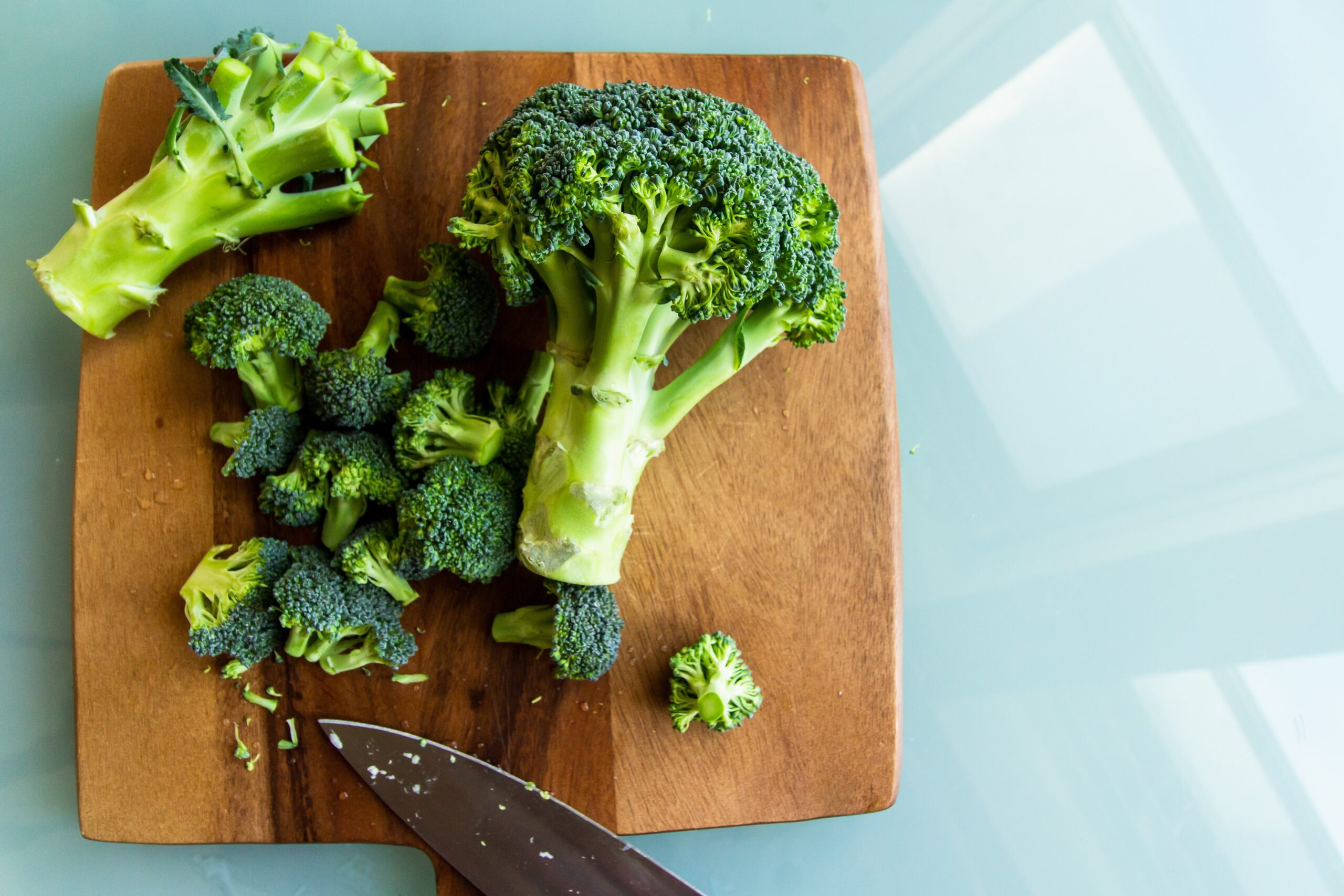
The second table lists the best food sources of vitamin K2:
| Food Sources | Serving Size | Vitamin K2 Content |
| Natto (fermented soybeans) | 100 grams | 38.1 µg |
| Roquefort cheese | 100 grams | 38.1 µg |
| Pecorino cheese | 100 grams | 93.7 µg |
| Brie cheese | 100 grams | 12.5 µg |
| Boursin cheese | 100 grams | 11.1 µg |
| Norvegia cheese | 100 grams | 41.5 µg |
| Stilton cheese | 100 grams | 49.4 µg |
| Münster cheese | 100 grams | 80.1 µg |
| Camembert cheese | 100 grams | 68.1 µg |
| Gamalost cheese | 100 grams | 54.2 µg |
| Emmental cheese | 100 grams | 43.3 µg |
| Raclette cheese | 100 grams | 32.3 µg |
| Chicken meat | 100 grams | 10.1 µg |
| Minced meat | 100 grams | 7.6 µg |
| Beef liver | 100 grams | 11.2 µg |
| Eel | 100 grams | 63.1 µg |
Hight variety of food consisting of vitamins K1 and K2 makes it easy to meet the body's daily demand for these nutrients. According to the data, most adults in the United States don't suffer from vitamin K deficiency.
The recommended daily amount of Vitamin K depends on how old you are and whether you are a male or female. The table below shows adequate doses for age groups and pregnant women:
| Age | Recommended Amount |
| 0–6 months | 2.0 mcg |
| 7–12 months | 2.5 mcg |
| 1–3 years | 30 mcg |
| 4–8 years | 55 mcg |
| 9–13 years | 60 mcg |
| 14–18 years | 75 mcg |
| Men 19 years and older | 120 mcg |
| Women 19 years and older | 90 mcg |
| Pregnant or breastfeeding teens | 75 mcg |
| Pregnant or breastfeeding women | 90 mcg |
Vitamin K is quickly used in the body. Even if you exceed the recommended limit, toxicity symptoms are very unlikely to occur.
Vitamin K deficiency mainly concerns people with certain diseases and health conditions. You may need to consume more Vitamin K if the below scenarios apply to you:
The above health conditions may slow down the absorption of vitamin K and cause deficiency. If you are affected by one of those conditions, your blood clotting won't work properly. You can discuss the adequate dose of vitamin K with a healthcare provider or dietician.
The main symptom of vitamin K deficiency![]() is excessive bleeding caused by improper blood clotting. Other common warning signs and symptoms include:
is excessive bleeding caused by improper blood clotting. Other common warning signs and symptoms include:
If you notice that you are bruising easily or your wounds don't heal properly, you should see a doctor. These are the warning signs of vitamin K deficiency; if you react quickly, you will avoid more severe complications.
Vitamin K very rarely causes health issues, even if consumed in high amounts. A normal, well-balanced diet does not have enough of it to result in complications. In adults, it was reported that vitamin K toxicity![]() may cause anemia, shortness of breath, eyelid swelling, pale skin, and sweating.
may cause anemia, shortness of breath, eyelid swelling, pale skin, and sweating.
Vitamin K plays a critical role in metabolism. It takes part in synthesizing prothrombin, which is needed for blood clotting. Its components, vitamin K1, and vitamin K2, are obtained from plant food and meat, respectively.
The potential of vitamin K continues beyond its primary role. It improves the strength of bones, boosts memory, and prevents heart disease, but it also may support teeth health and make osteoporosis less likely to occur.
Vitamin K deficiency rarely occurs and is often linked to health problems such as celiac disease, pancreatitis, liver disease, and malabsorption disease, among others.
Table of Contents
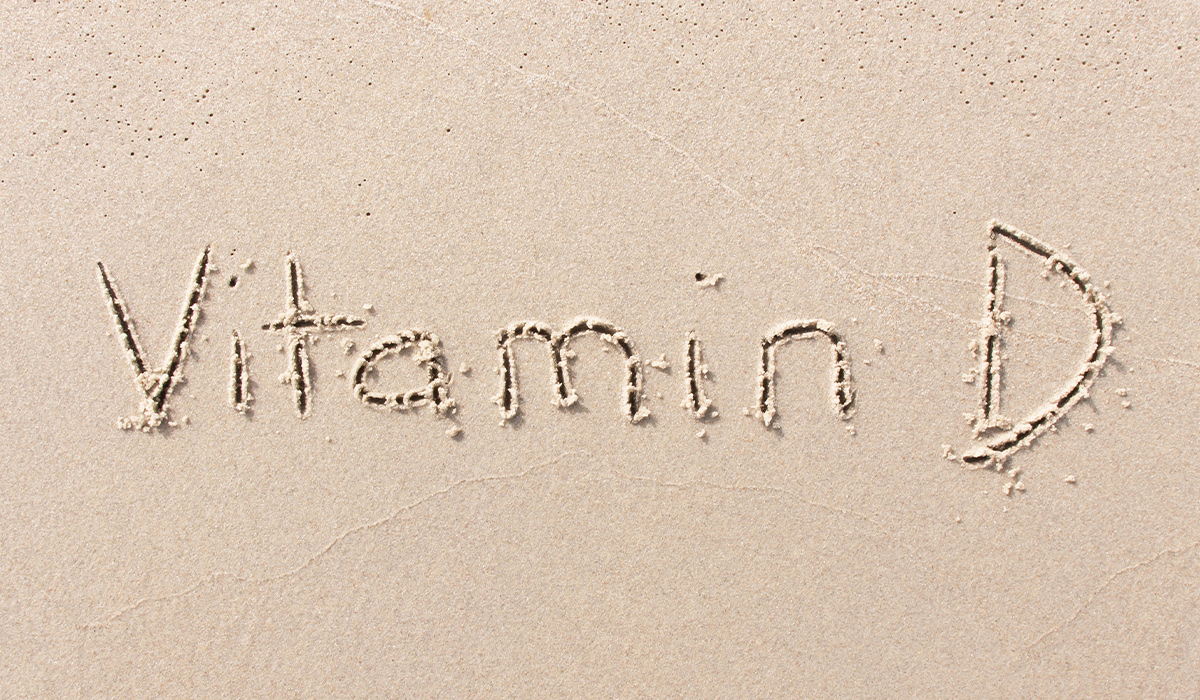
Vitamin D is a fat-soluble nutrient the human body needs to maintain health and functionality. It is both a vitamin… read more »
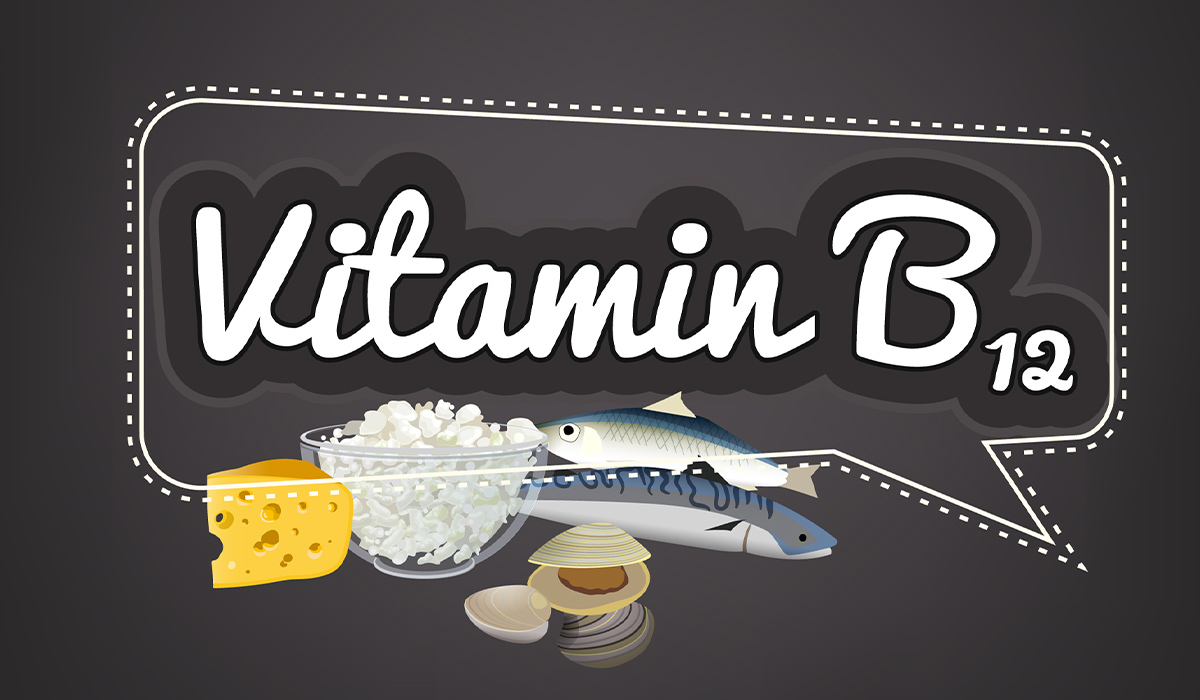
What should you eat to prevent vitamin B12 deficiency? What are the most common symptoms and who is particularly at… read more »
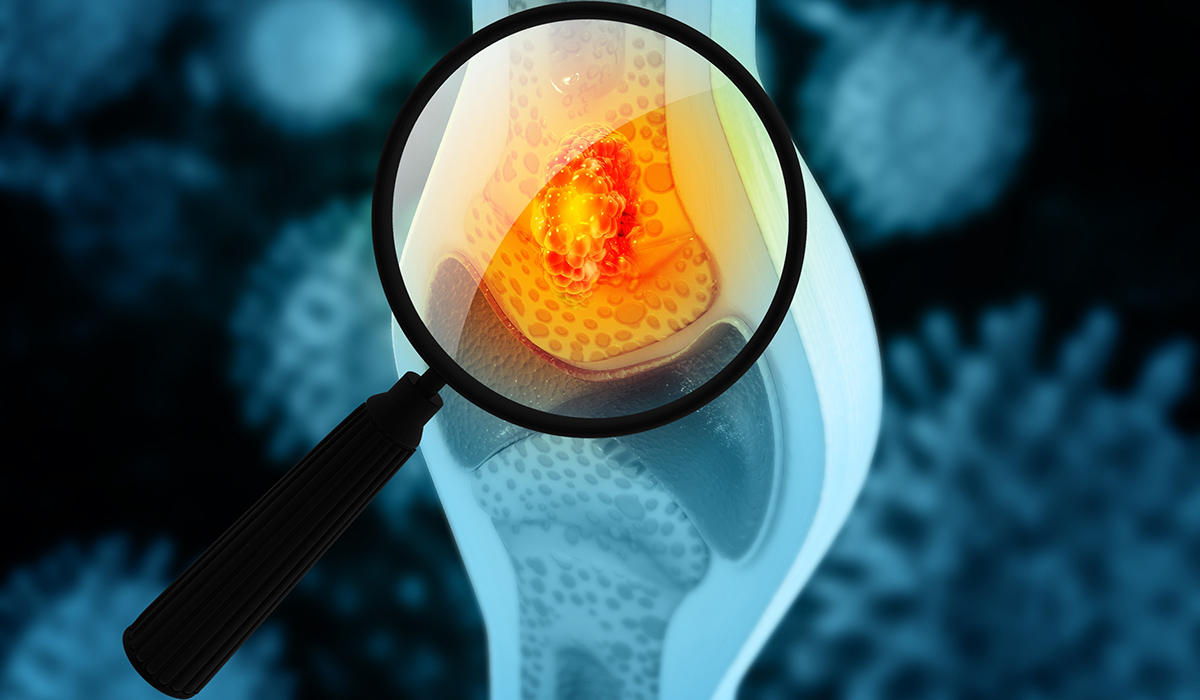
Bone cancer is a disease in which cancerous lesions develop in bone tissue. It can be primary or a result… read more »
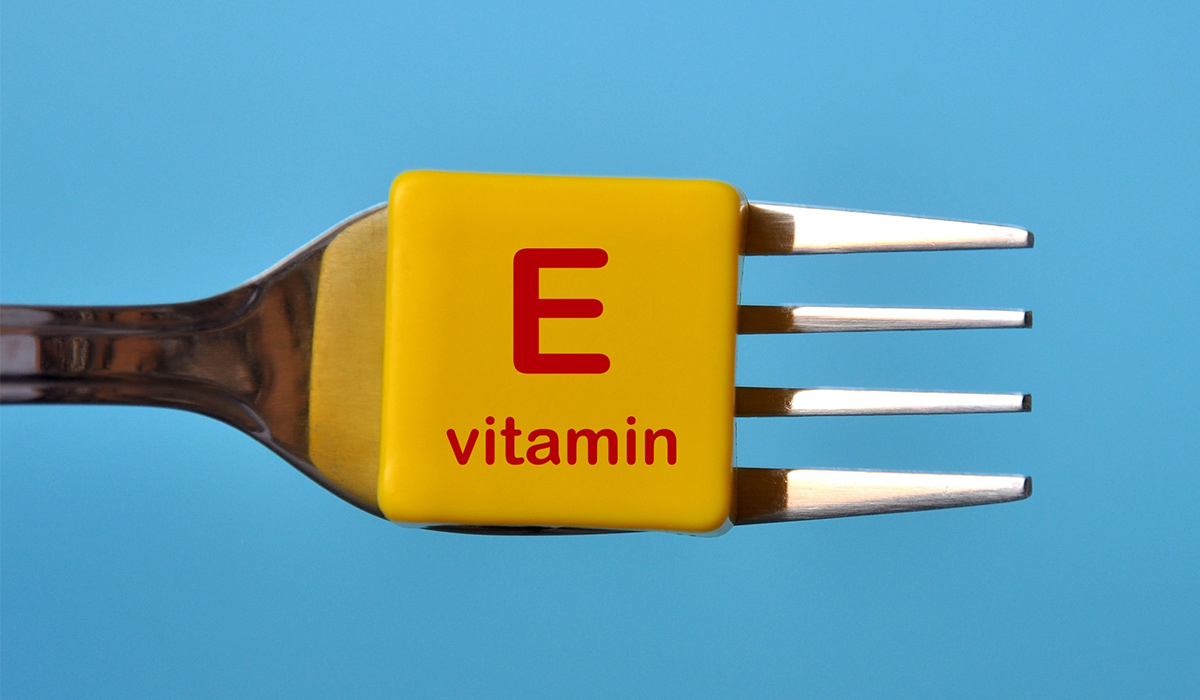
Vitamin E is a nutrient that supports the body's most basic functions. It's essential for the skin, reproduction, vision, and… read more »
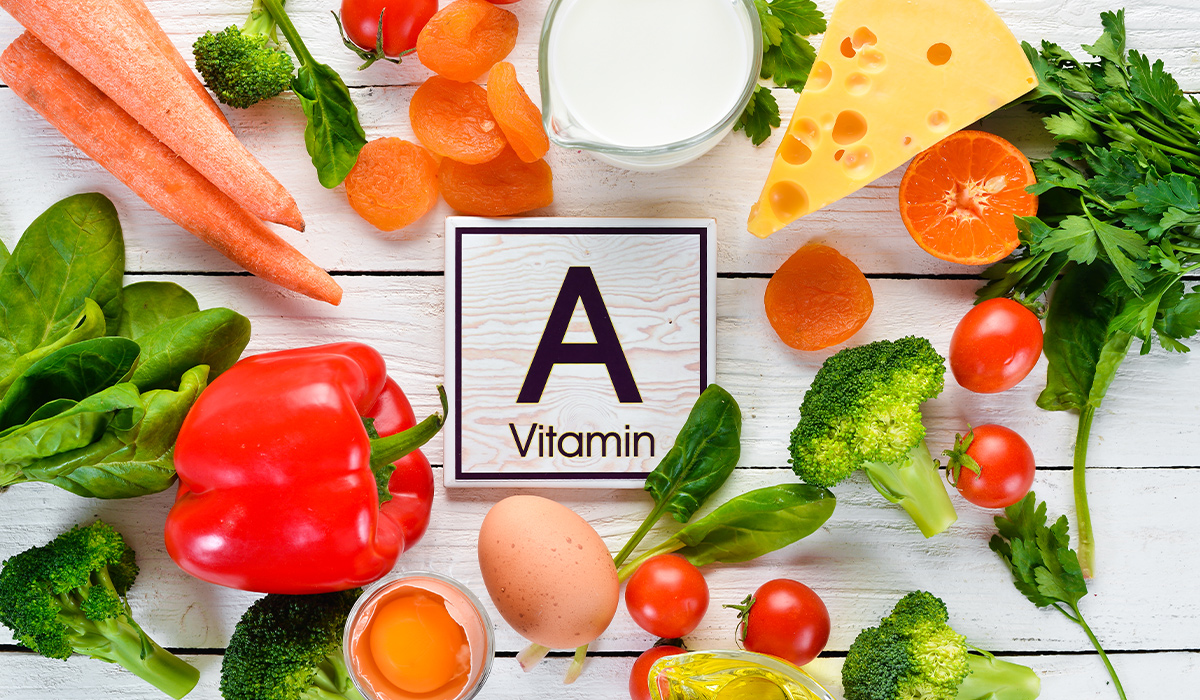
Vitamin A is one of the substances necessary for the proper functioning of the human body. Learn about its health… read more »

Body needs vitamin B6 for correct functioning. Check out, where you can find this vitamin. What are the signs of… read more »
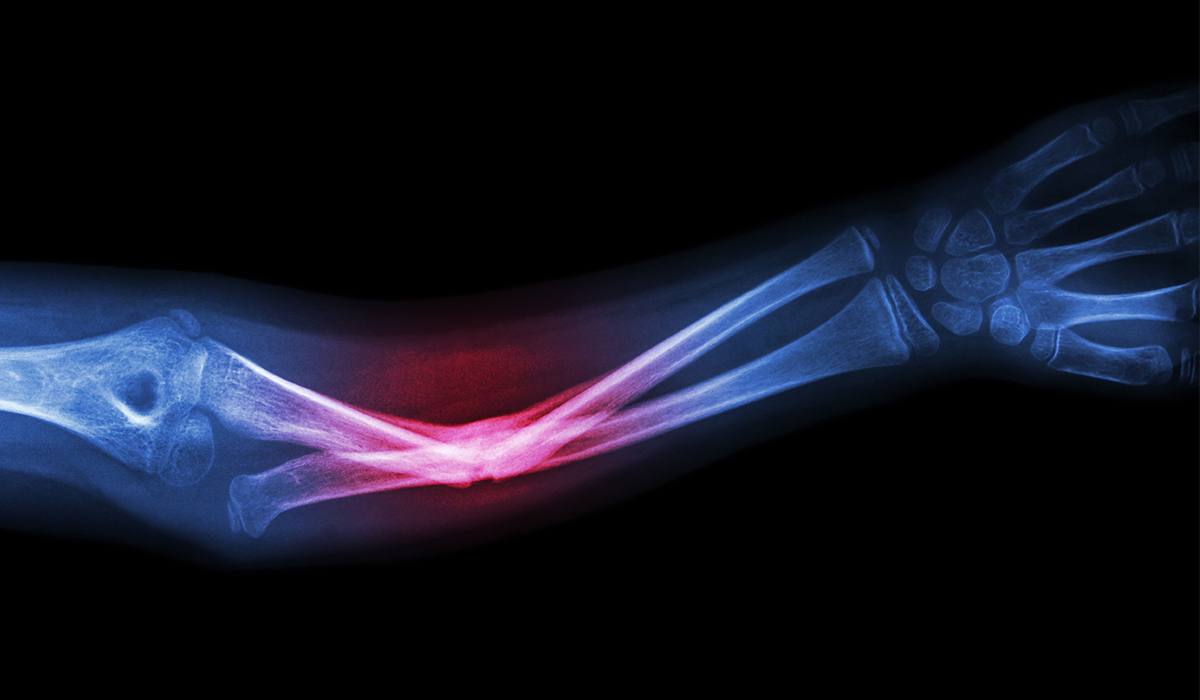
Bone fracture is referred to by specialists as either a crack or break in the bone, traditionally caused by excessive… read more »

Vitamin B1 is a water-soluble nutrient the human body needs to meet various critical goals, including metabolism, cognitive functions, and… read more »

Aplastic anemia is an uncommon blood condition where the bone marrow works improperly. Get to know the ways to identify… read more »